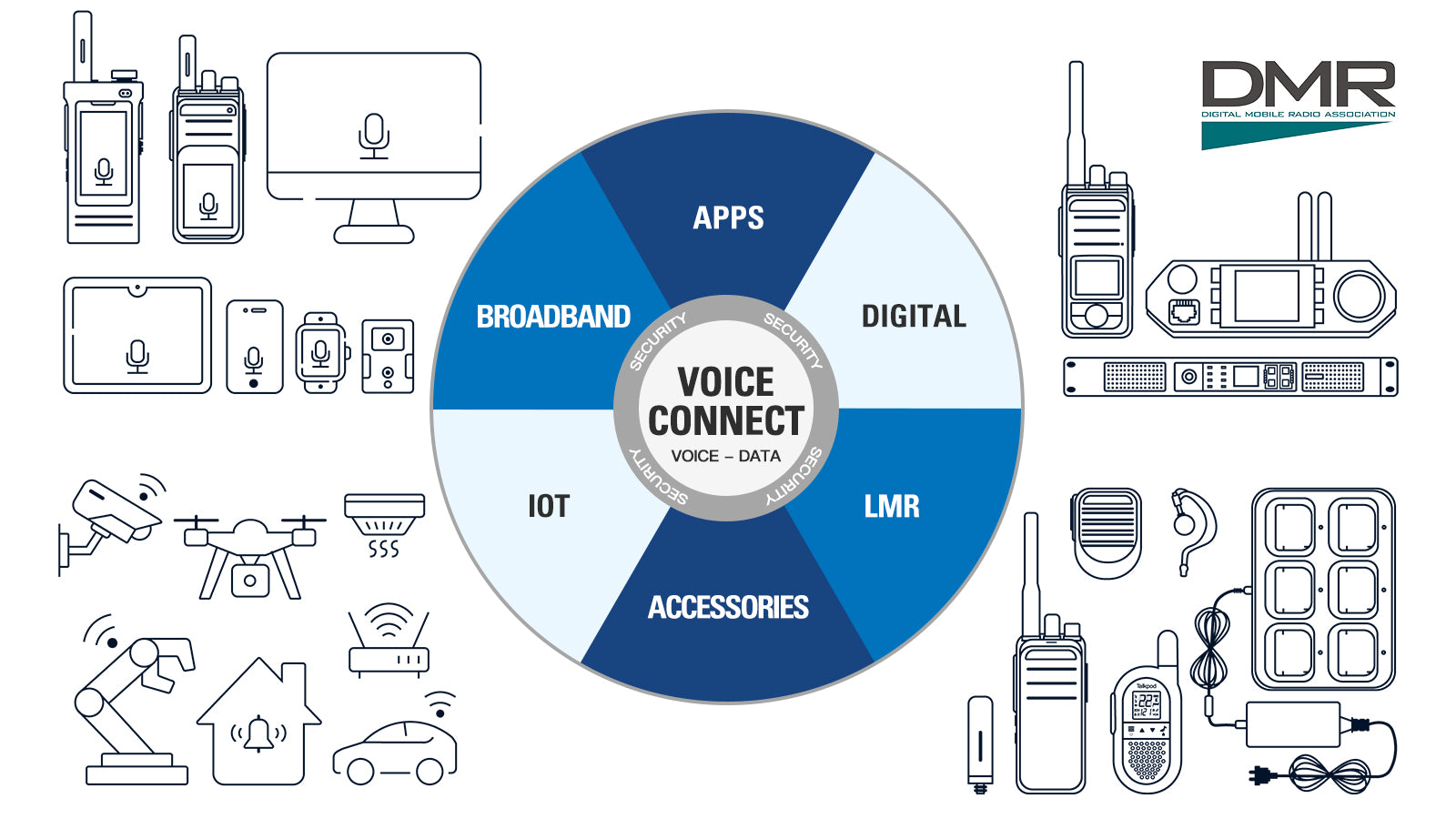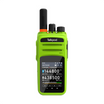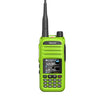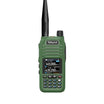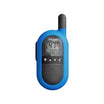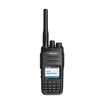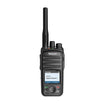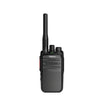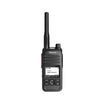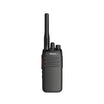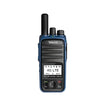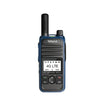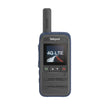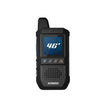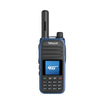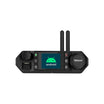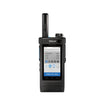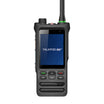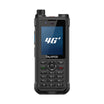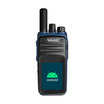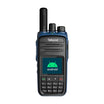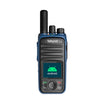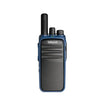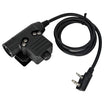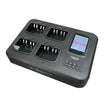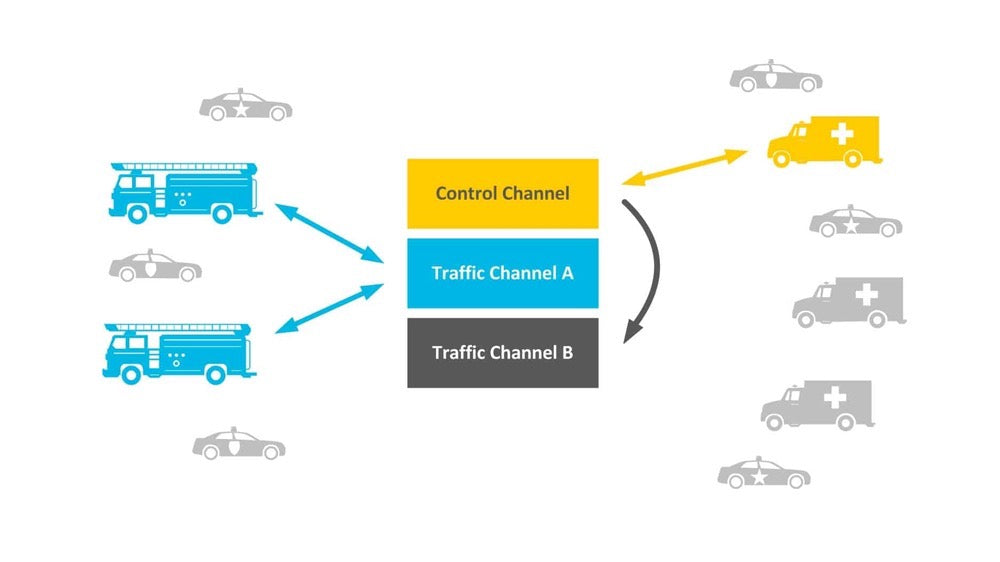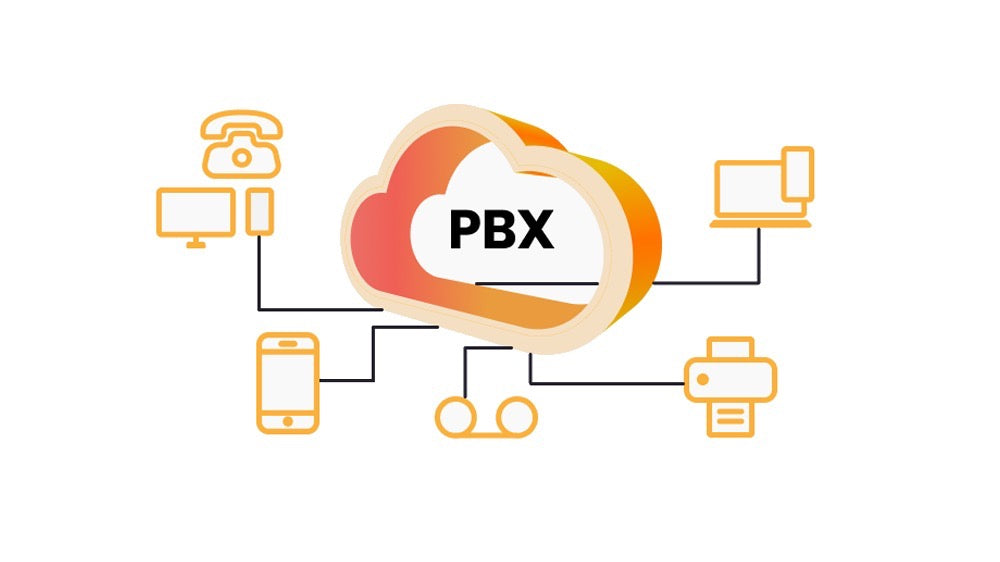In the intricate world of trunked radio systems, the main control channel serves as the nerve center, orchestrating the seamless flow of communications. This blog dives into the pivotal role of the main control channel and its fundamental function within trunked radio networks.
The Essence of the Main Control Channel
At its core, the main control channel is a specific time slot in a trunked radio system designated for control purposes. Unlike conventional channels that carry voice or data communications, the main control channel is dedicated to managing the system's operations, ensuring efficient and coordinated use of the radio spectrum among multiple users.
Functions of the Main Control Channel
- System Coordination: It acts as the command center for the trunked radio system, coordinating the allocation of channels among users. When a user initiates a call, the main control channel assigns an available channel for the communication, thus optimizing the use of the network’s resources.
- Call Management: It oversees the establishment, maintenance, and termination of calls within the network. By continuously monitoring the availability of channels, it ensures that users can communicate effectively without interference or delay.
- Data Transmission: Beyond voice communication, the main control channel also transmits data essential for the system’s operation, including user IDs, group calls information, and system announcements.
Advantages of a Dedicated Control Channel
Having a dedicated control channel in a trunked system offers several advantages:
- Efficiency: It allows for more efficient use of the radio spectrum, as channels are dynamically allocated based on demand, reducing the likelihood of congestion and ensuring reliable communication.
- Scalability: The system can easily accommodate a large number of users without the need for additional frequencies, making it ideal for growing organizations and public safety operations.
- Improved Performance: By centralizing the control functions, the system enhances the overall performance and reliability of the radio network, ensuring that users have access to clear and uninterrupted communication pathways.
The Role in Modern Communication
The main control channel is crucial in scenarios where reliable and instantaneous communication is paramount, such as in emergency services, public safety, transportation, and large-scale industrial operations. Its ability to manage and prioritize communications makes it an indispensable component of modern trunked radio systems.
Conclusion
The main control channel is the linchpin of trunked radio systems, facilitating sophisticated and efficient communication networks. Its role in managing the spectrum and ensuring the smooth operation of the system underscores its importance in the realm of wireless communication. As technology advances, the main control channel continues to evolve, adapting to the needs of modern communication and maintaining its pivotal position in the structure of trunked radio systems.


